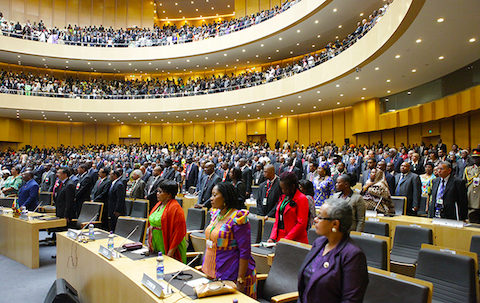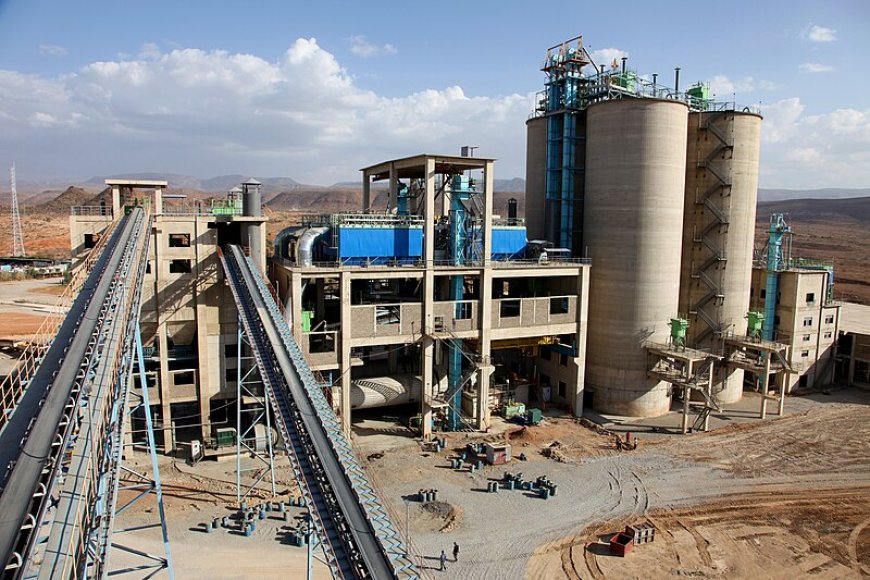Rwanda Showcases Capital-Market Momentum at AFSIC 2025 in London


Quidah is an online platform that connects investors with curated opportunities and expert insights on Africa’s emerging markets, while offering businesses promotional services, partnership facilitation, and market intelligence to attract capital and grow their operations.
Industries
Rwanda’s capital market has “entered a newphase of depth and confidence,” the Capital Market Authority’s CEO, ThapeloTsheole, told delegates at AFSIC Investing in Africa 2025, citing rising turnover and broader participationacross asset classes. Speaking at the Rwanda Country Summit, co-hosted by theRwanda Development Board and the Kigali International Financial Centre, Tsheolejoined a panel on “Capitalising on Growth: Rwanda’s Role as Africa’s RisingInvestment Powerhouse,” outlining a modern, competitive regulatory frameworkdesigned to attract global capital.
Panellists underscored Rwanda’spositioning as a gateway for international investors, pointing to regulatoryreforms that have drawn investment funds and special-purpose vehicles todomicile locally. Tsheole said the market is actively seeking partners andprospective issuers, with regulators “on the front line of innovation” to matchevolving market needs.
Performance in 2025 has been broad-based.Corporate bonds raised Frw 46 billion, including green andsustainability-linked issues. On the sovereign side, 14 Treasury bond auctionsand reopenings mobilised Frw 246 billion, averaging 293 percent subscription,signalling robust demand.
The secondary market strengthened sharply:equity turnover climbed to Frw 63.5 billion from Frw 4.7 billion in 2024,trading volumes rose to 425.2 million shares from 22.4 million, and bond-marketturnover reached Frw 148.5 billion a 167 percent year-on-year increase. Assetsin collective investment schemes grew to Frw 71.4 billion, up 12 percent.
Tsheole credited momentum to improvedregulation, tighter disclosure standards, and sustained investor education.
He said the forthcoming Capital MarketIssuer Townhall Roadshows 2025 will help prospective issuers list shares, issuebonds, and meet disclosure obligations, widening the pipeline of investableopportunities. AFSIC remains a premier forum convening business leaders,investors, and financiers in London to explore high-potential African markets.
Business and investment outlook: Strongprimary issuance and outsized auction subscriptions point to receptiveconditions for new listings, corporate bonds, and structured products especiallygreen and sustainability-linked instruments.
Domiciliation reforms create openings forfund managers, SPVs, and private credit vehicles, while intermediaries canscale brokerage, custody, and market-making as liquidity deepens. Fintechs canexpand retail access to CIS products and secondary trading.
Issuers in infrastructure, financials,utilities, and consumer sectors can lock in demand, though investors shouldprice liquidity, FX exposure, and disclosure compliance. Engagement withregulators and participation in the issuer roadshows can accelerate approvalsand deal readiness.


